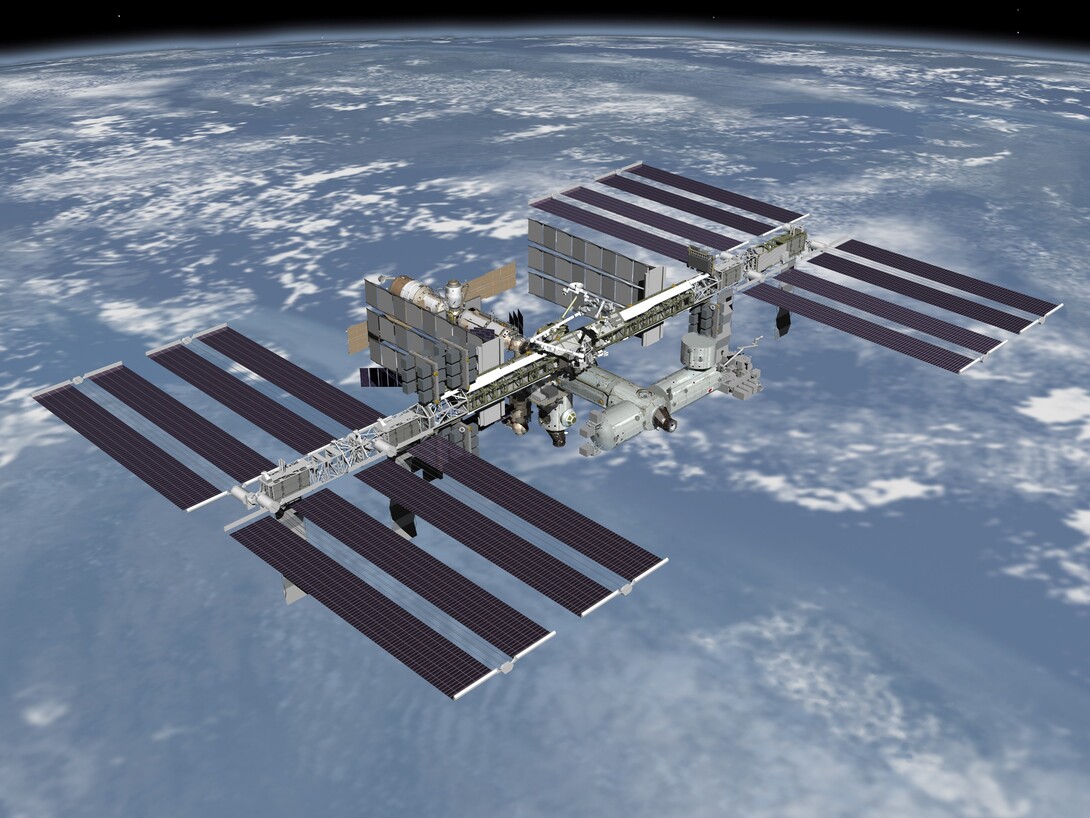
With the U.S. Congress considering the first major revisions to the nation’s space laws in more than a decade, top lawyers and policymakers will meet to discuss possible changes during the Eighth Annual Space, Cyber and Telecommunications Law conference, Oct. 29-30 at the Hyatt Regency Capitol Hill Hotel in Washington, D.C.
Hosted by the University of Nebraska College of Law, the conference will include officials from government agencies such as the Federal Aviation Administration, the Federal Communications Commission, NASA, the U.S. State Department and the U.S. Cyber Command, as well as representatives from private corporations such as Space X, Virgin Galactic, Planetary Resources, Boeing, Microsoft and Comcast.
The space law portion of the conference, which begins at 2 p.m. Oct. 29, will include two panel discussions of proposed federal space legislation. Both the House of Representatives (HR 2262) and the Senate (S 1297) this summer passed bills containing significant changes to the nation’s commercial space law, but those bills must be reconciled before becoming law.
New technology and new business models for traditional activities like communications and earth observation satellites have emerged since the last significant changes were made to commercial space law. New endeavors, such as space tourism, are expected to begin in earnest in the next year or so, while plans are to bring other activities, such as on-orbit satellite servicing and asteroid mining, to market in the next decade.
University of Nebraska space law experts say the choices that will be made in the legislation will affect the competitiveness of and investment in the U.S. commercial space industry, a sector of critical importance to the national economy.
Issues under discussion in the proposed legislation include treatment of liability issues for both third parties and space flight participants; in-space regulatory authority; extension of the “learning period” for human space flight; encouragement of consensus industry standards; property rights and non-interference rights for asteroid mining; and streamlining licensing procedures for space activities. The first panel will focus on various government agency views on these topics, while the second panel will involve a cross-section of industry views.
Directly following the space law panels, all guests are invited to join College of Law faculty and speakers for a networking reception with wine and appetizers at the conference site.
The cybersecurity portion of the conference begins at 8 a.m. Oct. 30, with a networking breakfast buffet. Panel discussions on cybersecurity begin at 8:45am.
Despite its importance across many domains, cybersecurity is not a well-defined concept. The meaning and scope of cybersecurity problems, and the viability of potential solutions to these problems, differ substantially between civilian, criminal, and national security institutions; between large and small businesses; and between commercial, infrastructure, and consumer uses.
The panel discussions will examine what different stakeholders mean when they discuss cybersecurity, and how those different viewpoints relate to or conflict with one another.
Participants will be asked generally what “cybersecurity” means to them and why addressing cybersecurity problems is difficult. The panels will pay special attention to solutions and obstacles to solving those problems, encouraging panelists to explore whether some potential solutions will work across multiple domains and whether a solution in one domain could cause problems for others.
Conference registration, which is free, is available at http://law.unl.edu/annual-conferences.
This event will not be streamed online.








